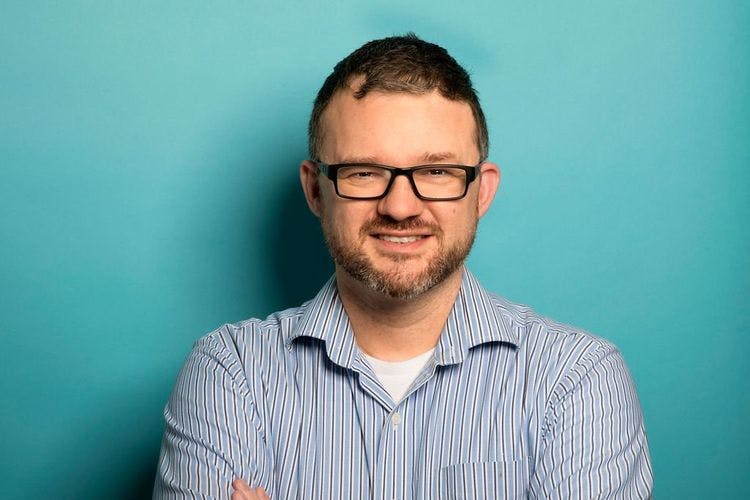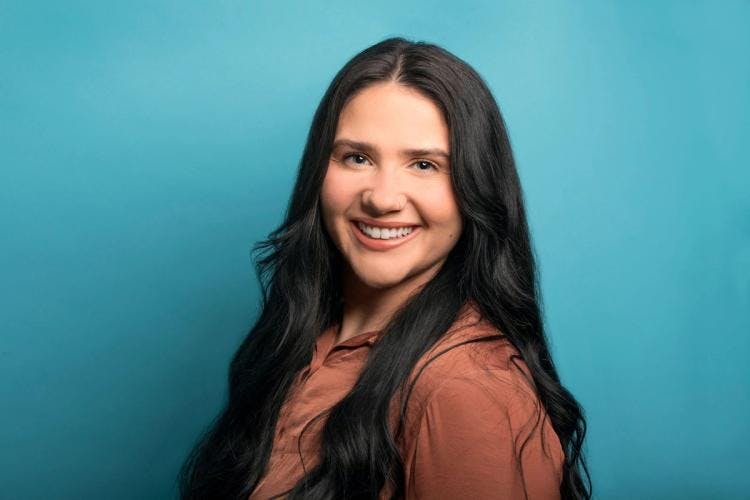Couples therapy or marriage counseling is a type of psychotherapy that helps those involved in a romantic relationship gain insight into their interactions, identify negative communication styles, resolve conflict, and find strategies and tools to improve and strengthen the relationship.
Many factors can add stress to a relationship including becoming new parents, infidelity, sexual dissatisfaction, and financial issues, among others. Additionally, untreated personal issues like anxiety, depression, or anger management problems can increase strain on a relationship. Our experienced marriage and family therapists are here to support couples in addressing these challenges, fostering a healthier, more fulfilling partnership.
Our couples therapy sessions offer a safe and supportive space where couples can engage openly with a skilled marriage and family therapist. These sessions are designed to help couples identify and understand behavior and communication patterns that negatively affect their relationship and family dynamics.
The primary aim of both marriage and couples counseling is to address and resolve conflicts and maladaptive behavior patterns that prevent a healthy development of the relationship. Our therapists provide insight into these patterns and identify strategies for changing behavior and communication.
Here are a few of the benefits marriage counseling and couples therapy can offer:
At Clarity Clinic, our expert therapists utilize a variety of evidence-based approaches tailored to meet the unique needs of each couple. Some of the treatment strategies we use include:
The Gottman Method focuses on disarming conflicting verbal communication, increasing intimacy, respect, and affection, removing barriers that create a feeling of stagnancy in conflicting situations, and creating a heightened sense of empathy and understanding within the context of the relationship.
This therapy was developed after researching more than 3,000 couples where Drs. John and Julie Gottman determined that the most successful relationships involve a strong friendship, conflict management skills, and support for the other partner’s hopes for the future.
The Gottman process includes the completion of an online assessment which is scored and reviewed by our therapist. This assessment is then used to develop a treatment plan to meet the specific needs of each couple. The assessment and associated treatment plan address:
EFT is a structured method that addresses relationship distress by focusing on two main areas: how partners handle their emotional experiences and the interaction patterns that result from these emotions. This approach has been proven to help decrease, eliminate, and prevent couple conflict and distress by helping partners to create a secure bond.
With 20 years of outcome and process research to draw upon, Emotionally-Focused Couples Therapy allows couples to attain a happy and fulfilling relationship.
Internal family systems are one of the most widely used modalities in treating couples and relationships. IFS will explore the patterns and parts of the family system. During this process, there will be a focus on motivations and conflicts within each person, and how to resolve these conflicts as a couple.
The choice to begin couples counseling is a significant one that reflects strength and a determination to grow together. This path is best suited for couples who are willing to invest time and emotional energy into understanding and improving their relationship dynamics. If you find yourselves stuck in recurring conflicts, feeling distant, or struggling to communicate effectively, counseling at Clarity Clinic could be the transformative step you need.
However, it's important to approach therapy with realistic expectations. Couples therapy or marriage counseling is not a quick fix; it requires both partners to actively participate, engage in honest self-reflection, and commit to ongoing personal and relational development.
Each partner must be prepared to explore how their actions affect the relationship and be open to making changes. If both of you are ready to work collaboratively towards a healthier, more fulfilling relationship, and you're open to the challenges and revelations that therapy can bring, then couples therapy could be an excellent choice for you.
Couples therapy is a journey of self-discovery and mutual understanding aimed at identifying and addressing patterns of behavior and communication that strain the relationship. It requires time, self-reflection, and empathy toward your partner to be effective.
One of the more challenging aspects of couples therapy is simply making the decision to attend. Initiating the conversation with your partner or spouse about going to therapy together can provoke anxiety, often due to preconceived notions and expected reactions that add stress to the discussion. Here are some tips to help you initiate the conversation:
Many clients wonder if it’s worthwhile to seek or continue couples therapy after agreeing to a separation or divorce. Separation and divorce inevitably bring pain, grief, and loss, affecting not only the partners but the entire family. Therapy can be a valuable resource during this challenging time, helping couples and families navigate the complexities of separation and divorce.
In addition to divorce therapy, family therapy is recommended after separation and divorce to help children and other family members process the change and help them navigate their feelings during a stage of uncertainty and confusion.
Clarity Clinic is the best mental health clinic in Chicago, we pride ourselves on providing top-tier couples and marriage counseling services that stand out above the rest. Our team of experienced therapists is deeply committed to offering compassionate, confidential, and effective support tailored to the unique needs of each couple. No matter your age, marital status, or sexual orientation, our licensed couples therapists will tailor treatment to you and your partner’s needs.
Whether you're looking to enhance communication, resolve deep-seated conflicts, or simply strengthen your partnership, our marriage and family therapists are here to guide you every step of the way.
Book a consultation with us today and see why we are considered the best choice for couples therapy and marriage counseling in your area. Additionally, we also provide the best divorce counseling in Chicago, for people who are looking for a proactive and positive way to part from their relationship amicably. Let us help you build a more fulfilling and joyful relationship.
Visit one of our clinics in the Loop, River North, Lakeview Belmont, Lakeview Broadway, Arlington Heights, and Evanston to find the top therapist near you today!
















































Our Services
Virtual/Online CarePHP and IOPAdult PsychiatryChild & Adolescent PsychiatryAdult TherapyChild & Adolescent TherapyCouples CounselingFamily TherapyGroup TherapyPsychological TestingTranscranial Magnetic Stimulation (TMS)Resources
Refer a PatientCareersClinical Training OpportunitiesOur ProvidersFree Mental Health TestsCommonly Prescribed MedicationsLocationsBlogIn The NewsClarity Through CharityClarity for AllQuick Links
Patient PortalFAQsAccepted InsurancesContact us